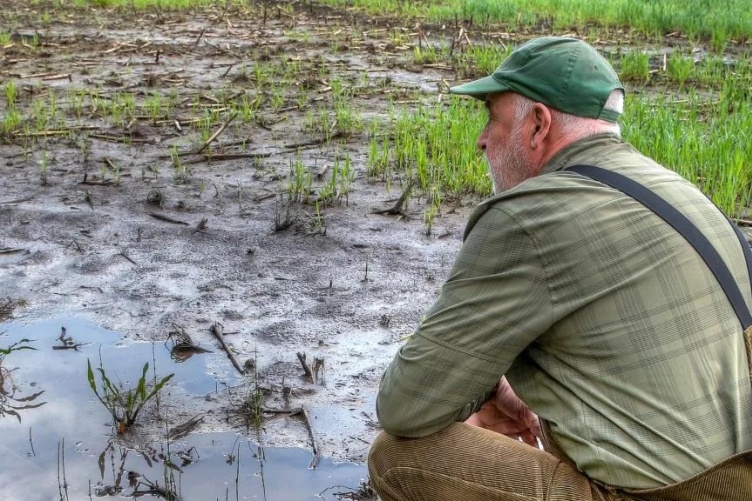
For farmers in New Hampshire and throughout the northeast, the 2023 production season was extremely challenging. Widespread freezing temperatures in February and May caused the greatest fruit crop loss in many years. February’s sub-zero temperatures, which reached -21F in the coldest parts of New Hampshire, took out stone fruits like peaches, sweet cherries and plums. Then came a major freeze in mid-May, during the peak of apple bloom in the state, resulting in the loss of more than 1,000 acres of fruit crops.
UNH Extension, in consultation with partner organizations, including the N.H. Department of Agriculture, Markets, and Food (NHDAMF) and USDA Farm Service Agency, recognized the need for action. Within weeks, Extension specialists distributed a crop loss survey capturing damage levels on 70 farms. In the survey, growers estimated the economic impact of lost crop value of these two events to be over $10 million. Two additional surveys captured vegetable, field and forage crop losses due to excess rainfall and flooding, totaling another $5.5 million.
Extension’s work highlighted the need for action to support the state’s agriculture community. Their findings provided tangible support for approving an $8 million Crop Loss Program to aid New Hampshire farmers. The program, which launched on March 1, is open to any New Hampshire farm with income of $30,000 or more in 2022 that suffered at least a 30% loss of any commodity because of the severe weather. Program funds can be used to assist growers in purchasing supplies ahead of the upcoming season.
Extension has partnered and supported the NHDAMF in operating the relief effort. Working closely with the Department, Extension helped conceptualize and systemize the program, developed the application and is assisting NHDAMF Commissioner Shawn Jasper and Director Josh Marshall in the evaluation and distribution process.
“New Hampshire farmers have an incredible resource and ally in UNH Extension,” said NHDAMF Commissioner Jasper. “The quick work of Extension staff helped us immediately quantify the severity of the damage and advocate for this important relief effort. They are now key partners in implementing this program efficiently and effectively to get support to the agricultural community at the start of this growing season.”
In addition to the state program, Extension’s research is bolstering a similar federal effort led by Senator Jeanne Shaheen, who brought Extension’s data to the Senate floor while advocating for federal disaster relief for New Hampshire farmers.
UNH Extension continues to educate legislators and agricultural service providers on the impacts of severe weather events while providing programming and other resources to help growers better prepare for future events.
-
Written By:
Seth Wilner | UNH Cooperative Extension | seth.wilner@unh.edu -
Written By:
Sarah Allen | UNH Cooperative Extension | sarah.allen@unh.edu -
Written By:
Jeremy DeLisle | UNH Cooperative Extension
















































